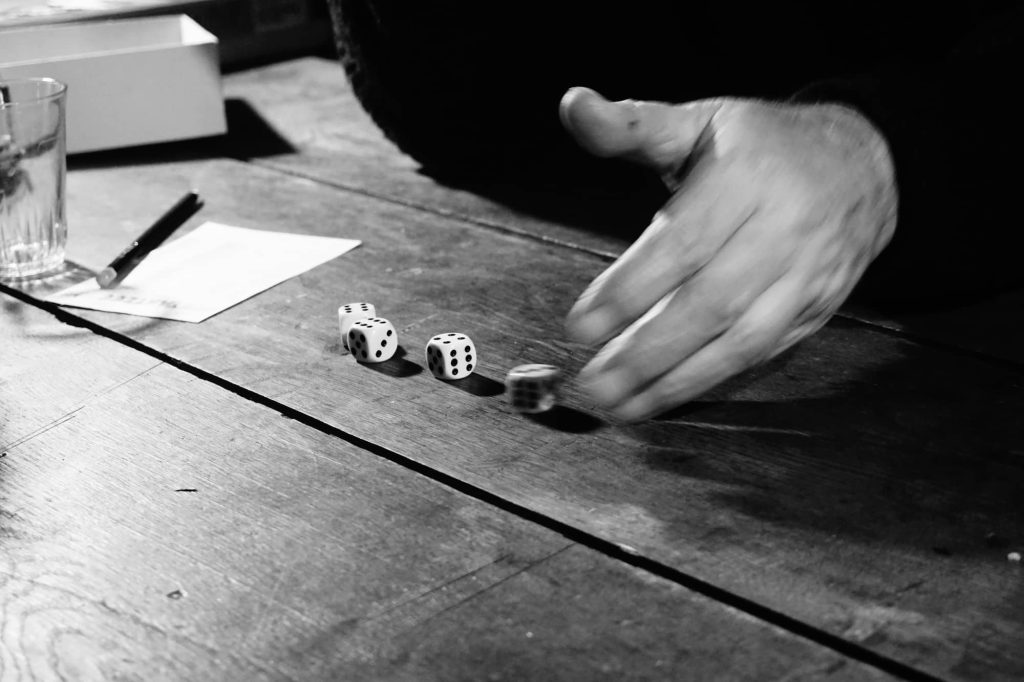The casino floor is not chaos. It is order disguised as unpredictability. Every light, every sound, is placed with purpose. Machines blink not for beauty but for profit. Players think they choose; systems decide. The illusion of spontaneity hides a rigid structure. This is where profit is born. The same structure shapes other digital spaces too—apps, platforms, and even marketplaces. In this environment, control feels like freedom. One step feels like a choice. Somewhere between the clicks and spins, platforms like Bizzo Casino quietly absorb time, data, and desire.
Rigged Algorithms, Transparent Rules
Online gambling rarely hides its rules. Return-to-player rates are public. Odds are visible. Yet few read them. The transparency is performative. Complexity replaces opacity. Players don’t question the numbers—they trust the interface. But the algorithms are designed to extract, not to reward. Every near-win is a manipulation. Every delayed reward is calculated to extend engagement. In capitalist economies, this mirrors workplace dynamics. Clarity exists on paper, but not in experience. Wages are known; exploitation is felt. The system doesn’t lie—it simply speaks in math.
The Illusion of Risk and Individualism
Gambling markets reward the myth of the lone winner. One player breaks the odds. One story circulates. The message is clear: you might be next. But the system needs losses more than wins. Statistically, consistent losses fund the infrastructure. The celebration of winners silences the majority. This mirrors neoliberal culture. Personal failure is blamed on the individual, not the system. If you lose, you didn’t try hard enough. If you win, you’re proof the system works. The design is ideological, not just economic.
Time Theft and Engineered Fatigue
A casino never shows the hour. Online, the effect is subtler. Time dissolves into rounds, bonuses, and animations. Breaks are discouraged. Speed is rewarded. The system builds fatigue and calls it immersion. This isn’t unique to casinos. It mimics digital labor models. Gig workers, content creators, and freelancers navigate similar loops. The worker and the player both operate inside feedback systems designed to stretch presence and erase limits. Burnout is not a side effect—it is the cost of continued engagement.
The Manufactured Community
Bonuses are shared. Leaderboards rank players. Chat boxes simulate camaraderie. But these connections are shallow. Competition replaces solidarity. The architecture encourages envy and comparison, not cooperation. Capitalism thrives on this atomization. The dream of the win, the fear of the other—these drive both consumption and isolation. Casinos become metaphors for societies that reward scarcity and celebrate singular success. The community becomes decorative, not transformative.
When Regulation Protects the House

Governments tax casinos. Some impose age limits or promote ‘responsible gambling.’ But deeper critiques are rare. The language of regulation is weak. It focuses on addiction, not on structure. It assumes gambling is neutral until misused. But the house always wins, because the house designs the game. Regulation may slow harm, but it rarely questions the logic of profit over dignity. The same applies to tech monopolies and financial markets. Reform tinkers. Capitalism consolidates.
Betting Against the System
Resistance doesn’t always look like abstention. It can look like understanding. Some users exploit promotional cycles. Others analyze payout tables. A few collectivize knowledge in forums and groups. But the most radical act is refusing the game’s premise. When risk is not chosen but imposed, withdrawal becomes a strategy. Disengagement is not apathy—it is survival. Subversion may not be loud. It may be boring. But it is political.
Gamification Beyond the Casino
Casino mechanics spill into the workplace, the classroom, even social media. Points. Levels. Rewards. These structures engineer motivation but restrict autonomy. They reshape how we measure effort, success, and time. Workers now earn badges. Students get stars. Followers replace friends. The entire economy is gamified. But like casinos, the house defines the game. Participation feels voluntary. But refusal is punished—by algorithm, by employer, by isolation.
Jackpots and Jackboots
When societies fragment, entertainment becomes a tool of control. Spectacle distracts. Wins numb. In historical moments of deep inequality, gambling has surged. It promises hope when politics fails. But it also pacifies. In this sense, the casino is not just entertainment—it is political infrastructure. A tool of soft power. A manager of despair. A regulator of rage.
The Floorplan of Capital
Casinos teach us something vital. Not about probability, but about systems. The floorplan is the model. Reward loops, risk management, psychological control—these exist far beyond gambling. They shape labor, leisure, and belief. In a world where even hope is monetized, the jackpot is not the problem. It is the blueprint.
